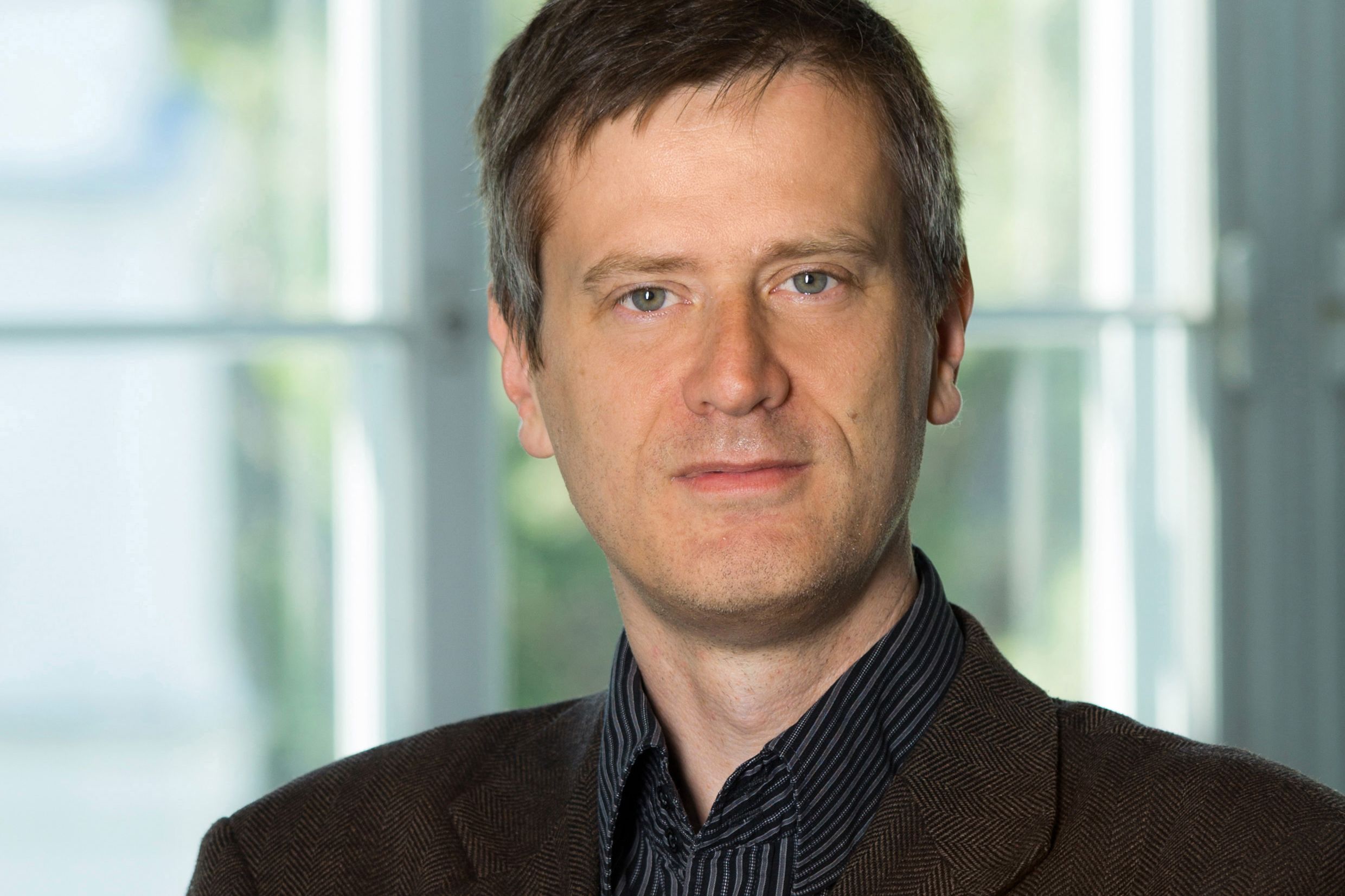
(Vienna, 22 March 2019) The Austrian Academy of Science's (FWF) doc.funds programme is specifically targeted at funding doctoral students pursuing an outstanding, international level PhD programme. The funding for MedUni Vienna's international PhD course in "Translational Oncology" (IPPTO) will extend the existing Malignant Diseases PhD course and raise it to a new level. The funding is designed for four years and comprises approximately €1.9 million, which is topped up to around €3.5 million by MedUni Vienna. The project leader is Gergely Szakacs from MedUni Vienna's Institute of Cancer Research and member of the Comprehensive Cancer Center of MedUni Vienna and Vienna General Hospital.
The main theme of IPPTO is drug resistance in malignant diseases, with the focus on translational research, that is to say the translation of scientific findings into improved treatment for cancer patients.
The educational approach is characterised by the interdisciplinary collaboration of 14 mentors, who are all renowned scientists from the Comprehensive Cancer Center (CCC) of the Medical University of Vienna and Vienna General Hospital. Each mentor supervises one student, who has been selected in a competitive, international selection process. The aim is to provide the PhD students with joint supervision to impart the essential aspects of different areas of research.
Says Gergely Szakacs: "We want to train our PhD students in the spirit of overarching collaboration, to not only teach them how to achieve excellence in research but also to instil in them how much scientists can benefit from the perspectives of others. That is the basis of successful, translational research."
The planned IPPTO projects include the main topics of cellular resistance, tumour plasticity (that is the tumour’s ability to modify its characteristics) and tumour micro-environment.
Involvement of MedUni Vienna
IPPTO is not only generously funded by the FWF but by MedUni Vienna as well. Apart from providing the infrastructure, the University has nearly doubled the available budget. Michaela Fritz, Vice Rector for Research and Innovation at MedUni Vienna, comments: "It is our intention to consolidate MedUni Vienna as a research location and to build on our excellence as a scientific institution but also as an establishment for training scientists of outstanding quality. That is why we support major FWF projects such as this."
About doc.funds
The FWF (Austrian Science Fund) is Austria's central institution for funding basic research.
The doc.funds programme was set up to support the training of excellent scientists and/or artistic and scientific doctoral students. This training has to take place within the framework of structured PhD programmes that have been established for at least two years. It is intended to attract and train the best and most creative scientific talents and also to retain them at domestic research locations.
The Austrian Science Fund's long-term aim in offering IPPTO funding is to strengthen cancer research throughout Austria and improve the translation of basic scientific findings into the treatment of cancer patients.
About Gergely Szakacs
Gergely Szakacs studied medicine at Semmelweis University in Budapest, Hungary, where he graduated in 1995. This was followed by an internship at New Jersey’s University of Health Sciences, USA, in 1995 and a PhD in biochemistry at the Membrane Research Group of the Hungarian Academy of Sciences, Budapest, from 1995 until 2001. From 2001 until 2005, Szakacs worked as a postdoctoral assistant in the Laboratory for Cell Biology (LCB), National Cancer Institute, National Institute of Health, USA. After that, Szakacs worked as a scientist at the Hungarian Academy of Sciences in Budapest. Since 2015, Gergely Szakacs has been working as a professor at the Medical University of Vienna, holding the Chair of Chemical Safety and Cancer Prevention at MedUni Vienna’s Institute of Cancer Research since 2017.
The focus of Szakacs' research work is membrane transporters and drug resistance. In addition, he has published several high-ranking original papers and reviews about the "Achilles heel" of multidrug resistant tumours. Since 2009, the researcher has trained 12 PhD students, five of whom have already completed their PhD education. Szakacs' scientific achievements have won him several prizes, awards and grants, including an ERC Starting Grant (2012).
Center for Precision Medicine (ZPM)
Translational cancer research is an aspect of personalised or precision medicine. This is the most significant trend in 21st century medicine. A Center for Precision Medicine (zpm) is therefore to be built on the MedUni Vienna General Hospital Campus starting in 2022 (www.zpm.at).

Über Gergely Szakacs
Gergely Szakacs studierte Medizin an der Semmelweis Universität in Budapest, Ungarn, wo er auch 1995 promovierte. 1995 folgten ein Praktikum an der New Jersey’s University of Health Sciences, USA, und von 1995 bis 2001 ein PhD-Studium in Biochemie in der Membrane Research Group der Ungarischen Akademie der Wissenschaften, Budapest. Von 2001 bis 2005 arbeitete Szakacs als postdoktoraler Mitarbeiter im Labor für Zellbiologie (LCB), National Cancer Institute, National Institutes of Health, USA. Danach arbeitete Szakacs als Wissenschafter an der Ungarischen Akademie der Wissenschaften in Budapest. Seit 2015 ist Gergely Szakacs an der Medizinischen Universität Wien tätig, zuerst als Adjunct Professor, und hat seit 2017 die Professur für Chemical Safety and Cancer Prevention am Institut für Krebsforschung der MedUni Wien inne.
Szakacs beschäftigt sich in seiner wissenschaftlichen Arbeit mit Membrantransportern und Therapieresistenz. Darüber hinaus hat er einige hochrangige Originalarbeiten und Reviews über die „Achillesferse“ von multitherapieresistenten Tumoren publiziert. Seit 2009 hat der Forscher 12 PhD-StudentInnen ausgebildet, von denen bereits fünf ihre PhD-Ausbildung abgeschlossen haben. Szakacs‘ wissenschaftliche Leistungen wurden durch mehrere Preise, Auszeichnungen und Grants, darunter auch ein ERC Starting Grant (2012), gewürdigt.
Zentrum für Präzisionsmedizin (ZPM)
Die translationale Krebsforschung ist Teil der personalisierten bzw. Präzisionsmedizin. Das ist der wichtigste Trend der Medizin des 21. Jahrhunderts. Dementsprechend wird ab 2022 ein Zentrum für Präzisionsmedizin (zpm) am Medizinischen Universitätscampus AKH Wien errichtet (www.zpm.at).